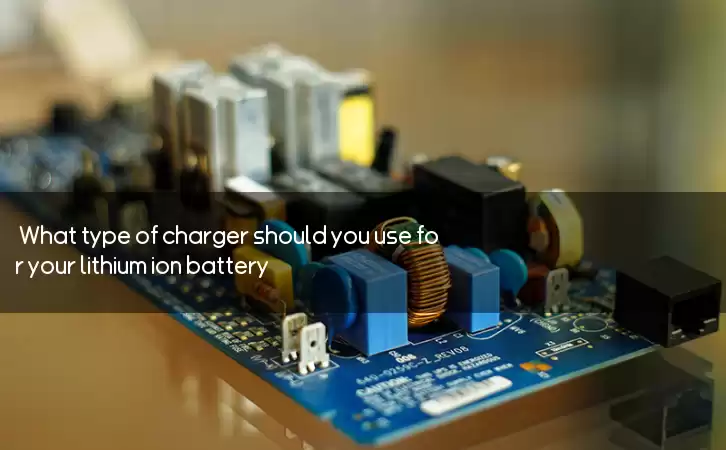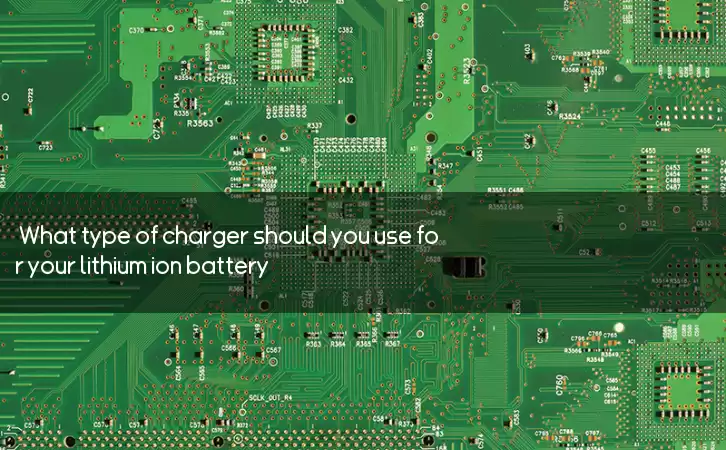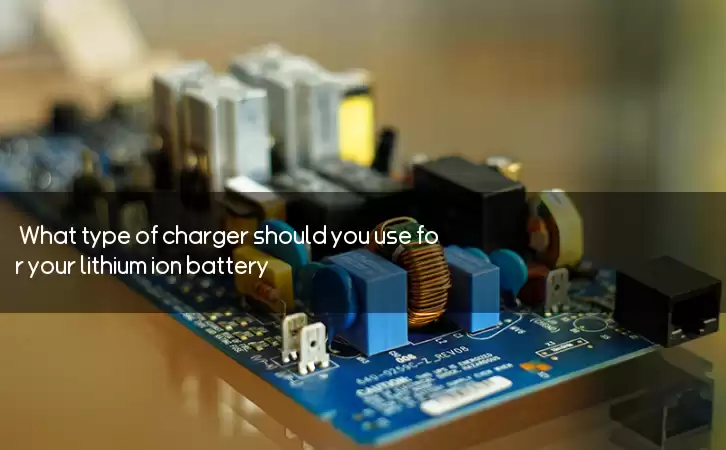Information Center
What type of charger should you use for your lithium ion battery?
Published:2023-08-24 10:35:33 Author:Green WCND Views:58Lithium ion batteries are commonly used in electronic devices such as smartphones, laptops, and digital cameras, among others. These types of batteries have become increasingly popular in recent years, thanks to their high energy density, long life, and rapid charging capabilities. However, not all chargers are compatible with lithium ion batteries, which can cause damage to the batteries and potentially hazardous situations.

So, what chargers work with lithium ion batteries? Let’s take a closer look.

First and foremost, it is essential to understand the characteristics of lithium ion batteries. These batteries have a relatively low internal resistance, which means that they can charge and discharge very quickly. However, this also means that they are sensitive to high charging currents, which can damage the battery and shorten its lifespan.

To prevent these issues, lithium ion batteries require a charger that can carefully regulate the charging current and voltage. Ideally, a lithium ion battery charger should have the following features:
1. A voltage regulator to maintain a constant charge voltage 2. A current limiter to prevent overcharging 3. A timer to limit the charging time for safety reasons 4. Temperature monitoring to prevent overheating
There are several types of lithium ion battery chargers on the market today, each with its unique characteristics. Let’s explore some of the most common types below:
1. USB Chargers: Many electronic devices come with a USB charger that is compatible with lithium ion batteries. These chargers have a current limiter and voltage regulator built-in and can charge devices via a USB port.
2. Wall Chargers: These types of chargers plug directly into an AC outlet and are typically used to charge larger devices such as laptops and tablets. They usually come with a current limiter, voltage regulator, and temperature monitoring.
3. Car Chargers: These are used to charge devices while traveling in a car or other vehicle. Like wall chargers, they come with a current limiter and voltage regulator and may also have a timer.
4. Solar Chargers: These chargers use solar panels to charge devices, making them an eco-friendly option. They typically have a current limiter and voltage regulator.
5. Qi Wireless Chargers: These chargers use inductive charging to wirelessly charge devices with compatible lithium ion batteries. They may be built into furniture or come as standalone units and have a current limiter and voltage regulator.
In summary, lithium ion batteries require a charger that can carefully regulate the charging current and voltage to prevent damage and maximize performance. USB, wall, car, solar, and Qi wireless chargers are all viable options for charging devices with lithium ion batteries, but it’s crucial to ensure that the charger you are using is compatible with your battery to avoid any potential risks.
Power Adapter Design and Customization Guide for Portable Electric KettlesI. Common Design Types for Portable Electric Kettle Power AdaptersPortable electric ke···
I. Common Design Types of Power Adapters External Independent Type (Most Common) Design: A standalone adapter (e.g., "black brick") connected to the p···
Handheld Vacuum Cleaner Power Adapter Selection GuideIntroductionHandheld vacuum cleaners have become a mainstream tool for household cleaning due to their port···
Drill Power Adapter Selection Guide.drill-container { font-family: Arial, sans-serif; line-height: 1.6; max-width: 800px; margin: 0 auto; padding: 20px; } .dril···





